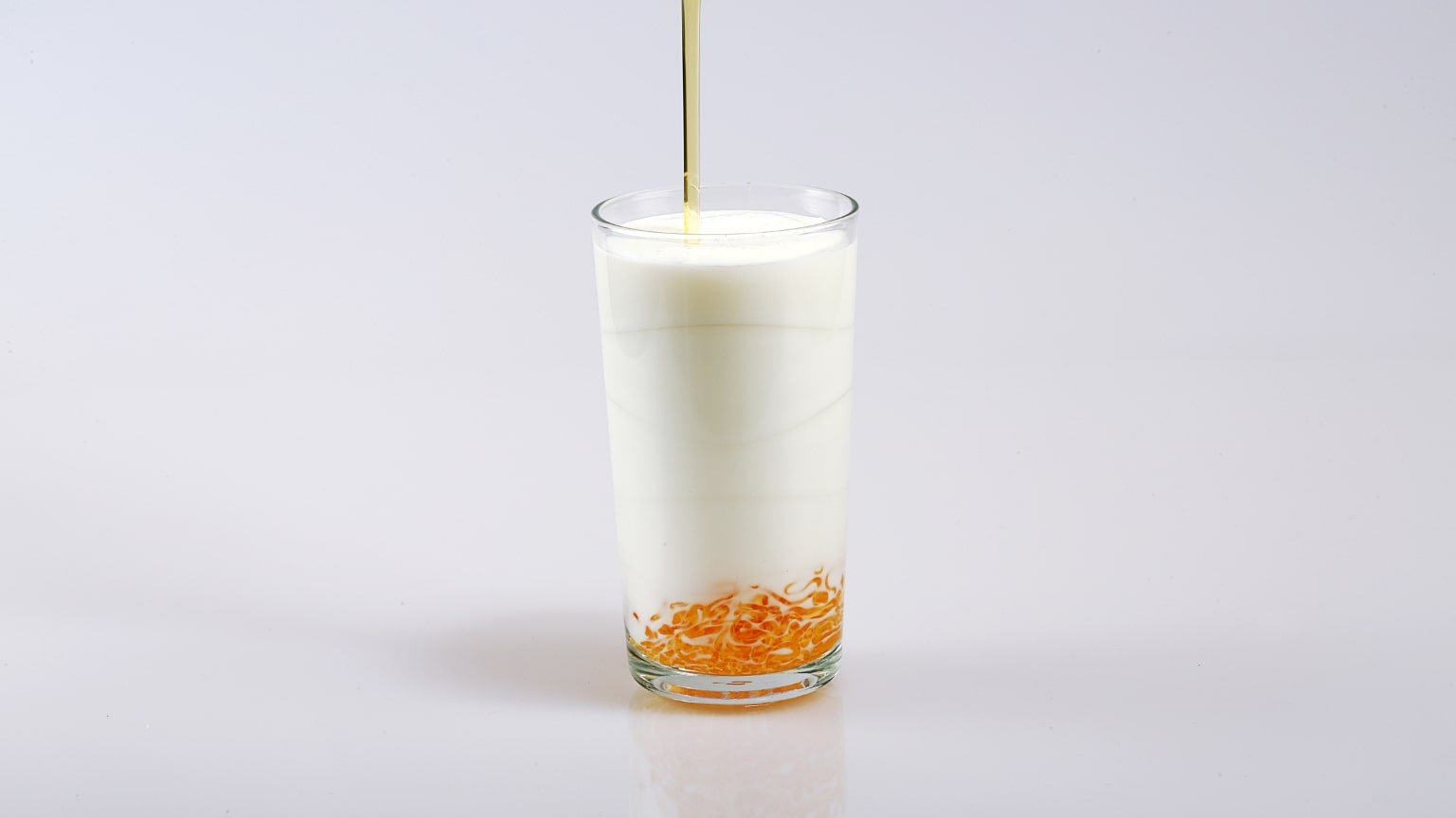
Sleep is a fundamental aspect of our well-being, and its importance cannot be overstated. It rejuvenates the body, refreshes the mind, and plays a crucial role in maintaining overall health. For those struggling to get a good night’s rest, the quest for natural remedies often leads to honey. Honey, a natural sweetener, has been used for centuries for its potential health benefits. In recent years, it has gained popularity as a potential aid for better sleep. This article explores the relationship between honey and sleep, shedding light on whether this golden elixir can indeed help you get those precious ZZZs.
The Science Behind Honey and Sleep
Honey is a complex natural substance made up of various sugars, vitamins, minerals, and antioxidants. Its unique composition makes it more than just a sweet treat—it may contribute to better sleep through several mechanisms.
- Regulation of Insulin: Consuming honey before bedtime can help stabilize blood sugar levels. The natural sugars in honey, primarily fructose and glucose, provide a steady supply of energy to the body during sleep, preventing blood sugar spikes and crashes that can disrupt slumber.
- Tryptophan and Serotonin: Honey contains the amino acid tryptophan, a precursor to serotonin, a neurotransmitter that plays a crucial role in regulating sleep. Tryptophan is known for its calming and relaxing effects, and honey may contribute to increased serotonin levels in the brain, promoting a sense of well-being and improved sleep quality.
- Melatonin Production: Melatonin is a hormone that regulates the sleep-wake cycle. Interestingly, honey has been found to contain small amounts of melatonin. While the levels are not as high as those found in supplements, consuming honey may contribute to the body’s natural production of melatonin, helping to synchronize the sleep cycle.
Honey and Sleep Quality
The potential sleep benefits of honey extend beyond its biochemical composition. Many people who incorporate honey into their bedtime routines report improved sleep quality. Here’s how honey may contribute to better sleep:
- Soothing Effects: Honey’s natural sweetness can have a soothing and comforting effect. It may help relax the mind and body, making it easier to drift off to sleep.
- Reduction in Nighttime Coughing: Honey has long been used as a remedy for cough and sore throat. When taken before bed, it can help alleviate coughing and throat irritation, allowing for a more peaceful night’s sleep.
- Improved Sleep Duration: Some individuals find that consuming honey before bedtime helps them sleep longer without waking up in the middle of the night. The sustained release of energy from honey’s natural sugars can prevent nighttime awakenings due to hunger.
How to Consume Honey Before Bed?
If you’re interested in using honey to improve your sleep, here are some practical tips to consider:
- Choose Raw, Unprocessed Honey: Raw honey, as close to its natural state as possible, contains higher levels of beneficial compounds, including antioxidants and enzymes. Look for honey labelled as “raw” or “unprocessed.”
- Consume Honey Mindfully: Avoid consuming excessive amounts of honey, as it is calorie-dense. A teaspoon or two before bed should suffice.
- Experiment with Different Varieties: Honey comes in various flavors and types, such as Manuka honey, acacia honey, and lavender honey. Some people find that specific varieties have a more pronounced calming effect.
- Mix with Other Sleep-Inducing Ingredients: Create a soothing bedtime elixir by combining honey with warm milk or herbal teas like chamomile or valerian root.
- Maintain a Consistent Bedtime Routine: Incorporate honey into your nightly routine to signal to your body that it’s time to wind down and prepare for sleep.
Best Type of Honey For Sleep
When it comes to selecting honey to potentially aid sleep, several varieties are known for their calming properties. Here are three different types of honey that are often recommended for promoting better sleep.
- Manuka Honey
- Manuka honey, primarily from New Zealand and Australia, is well-known for its potential health benefits, including its sleep-enhancing properties. It contains high levels of Methylglyoxal (MGO), which is associated with its antibacterial and anti-inflammatory effects. Manuka honey’s rich, earthy flavour and soothing qualities make it a popular choice to consume before bedtime to support a good night’s sleep.
- Lavender Honey
- Lavender honey is infused with the calming aroma and essence of lavender flowers. Lavender is well-known for its relaxation-inducing properties. Combining the soothing effects of lavender with the natural sweetness of honey creates a delightful option to help you unwind and prepare for sleep. A warm cup of lavender honey tea is a comforting bedtime ritual for many.
- Wildflower Honey
- Wildflower honey, sourced from a variety of nectar-rich flowers, can have a mild to robust flavour profile depending on the region and floral sources. It’s a natural choice for a sweet and soothing bedtime treat. The diversity of flowers in wildflower honey can introduce different natural compounds that may aid in sleep.
Buy Honey in Singapore
Manuka Paradise offers a wide variety of honey options, from local artisanal producers to international brands known for their purity and quality. When shopping for honey to aid sleep, consider seeking out raw, unprocessed varieties that retain their natural goodness. You’ll find an array of options, including Manuka honey, which is renowned for its potential sleep-promoting properties. Manuka Paradise’s diverse honey selection ensures that you can embark on your journey to sweeter dreams with ease. Incorporating a spoonful of this golden elixir into your bedtime routine may just be the soothing touch your sleep needs in the bustling metropolis of Singapore.
Conclusion
While honey cannot magically cure all sleep-related issues, there is scientific evidence and anecdotal support suggesting that it may contribute to improved sleep quality. Its natural sugars, tryptophan content, and potential to influence serotonin and melatonin production make it an intriguing option for those seeking a holistic approach to sleep improvement. However, individual responses may vary, so it’s essential to consult with a healthcare professional if you have persistent sleep concerns. Ultimately, a combination of healthy sleep habits, a balanced diet, and mindful consumption of honey may lead to sweeter dreams and more restful nights. Sweet dreams!



